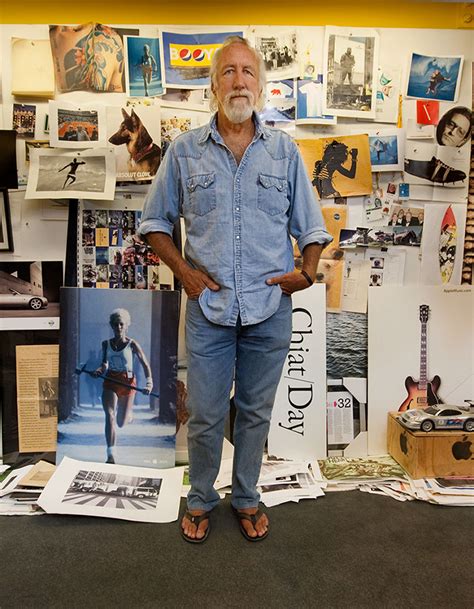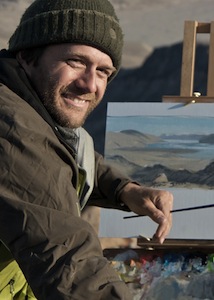A Quote by Kalle Lasn
All of us somehow felt that the next battleground was going to be culture. We all felt somehow that our culture had been stolen from us-by commercial forces, by advertising agencies, by TV broadcasters. It felt like we were no longer singing our songs and telling stories, and generating our culture from the bottom up, but now we were somehow being spoon-fed this commercial culture top down.
Related Quotes
At the beginning of my career as a writer, I felt I knew nothing of Chinese culture. I was writing about emotional confusion with my mother related to our different beliefs. Hers was based in family history, which I didn't know anything about. I always felt hesitant in talking about Chinese culture and American culture.
Would it be better if religions were to disappear? I have no idea. Since I do not have any confidence in the association of truth with virtue, I am not sure if the world would be a better place if people believed more true things. But what is undeniable is that we cannot understand our own culture unless we recognise that it was formed, for good or bad, as a Christian culture. It's an illusion that we could somehow recover a human essence which is independent of the way it was created by culture.
The fact that what we believe about marriage - that it should be between a man and a woman - and that we're pro-life, somehow that becomes radical? Why is that? It's because our culture has changed. But the truth is, culture may change, people change, but the Word of God never changes, and that's what we rest our belief system on.
Women have been trained in our culture and society to ask for what we want instead of taking what we want. We've been really indoctrinated with this culture of permission. I think it's true for women, and I think it's true for people of color. It's historic, and it's unfortunate and has somehow become part of our DNA. But that time has passed.
I speak a lot about what I call "the trance of unworthiness" which is really epidemic in our culture, this sense of "I'm not enough," or "something's wrong with me." Most of us have some level of it because our culture has all these standards (handed down through our families) of what it means to be okay.




































